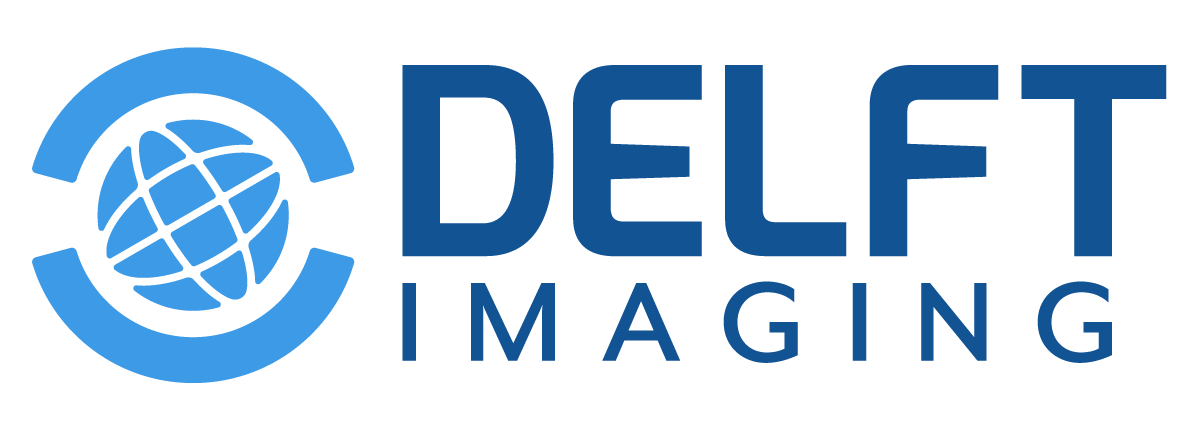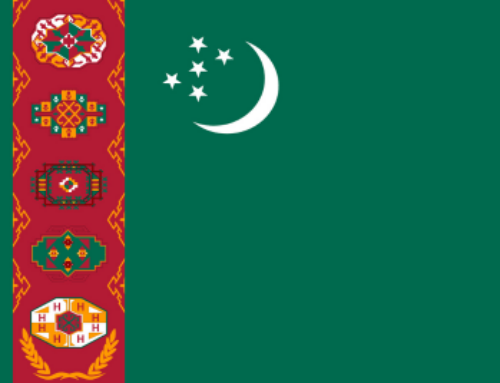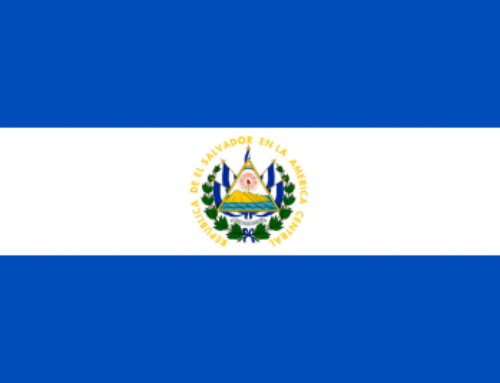Syria’s ongoing humanitarian crisis continues to place immense pressure on its health infrastructure, complicating efforts to detect and treat tuberculosis. In 2023, 4,000 people developed TB, with 43 of them estimated to have drug-resistant strains. While the number of missing people with TB dropped by nearly 40% from the previous year, close to 600 individuals still went undiagnosed. The country also recorded 32 deaths due to TB.
We have been working closely with the International Organization for Migration (IOM) to support multiple projects, especially in the Middle East. In more detail, in 2021, we were part of the Middle East Response (MER) to support tuberculosis screening efforts across the region. In 2021, we delivered a CAD4TB to IOM. Later that year, we participated in the Global Fund–funded Middle East Response (MER) initiative, delivering 24 CAD4TB systems and Delft Light portable X-ray units for use in Syria, as well as Lebanon, Jordan, Iraq, Yemen and Palestine.
In 2023, we delivered 6 Delft Light backpack X-ray systems and accompanying CAD4TB software to IOM to support TB screening in remote parts of Syria. These solutions have helped extend diagnostic services to areas with limited infrastructure, contributing to earlier detection and timely treatment.
Making a Difference
Press coverage
In 2024, Syria’s News channel reported how the Aleppo Health Directorate is using CAD4TB with GeneXpert at the Al-Maasaraniyah’s TB Control Center. This is the first AI solution in the country’s healthcare sector. Both, Aleppo’s Health Director and the Head of the TB Control Centre discussed the impact of adopting new diagnostic technologies for TB detection and diagnosis in the country.





